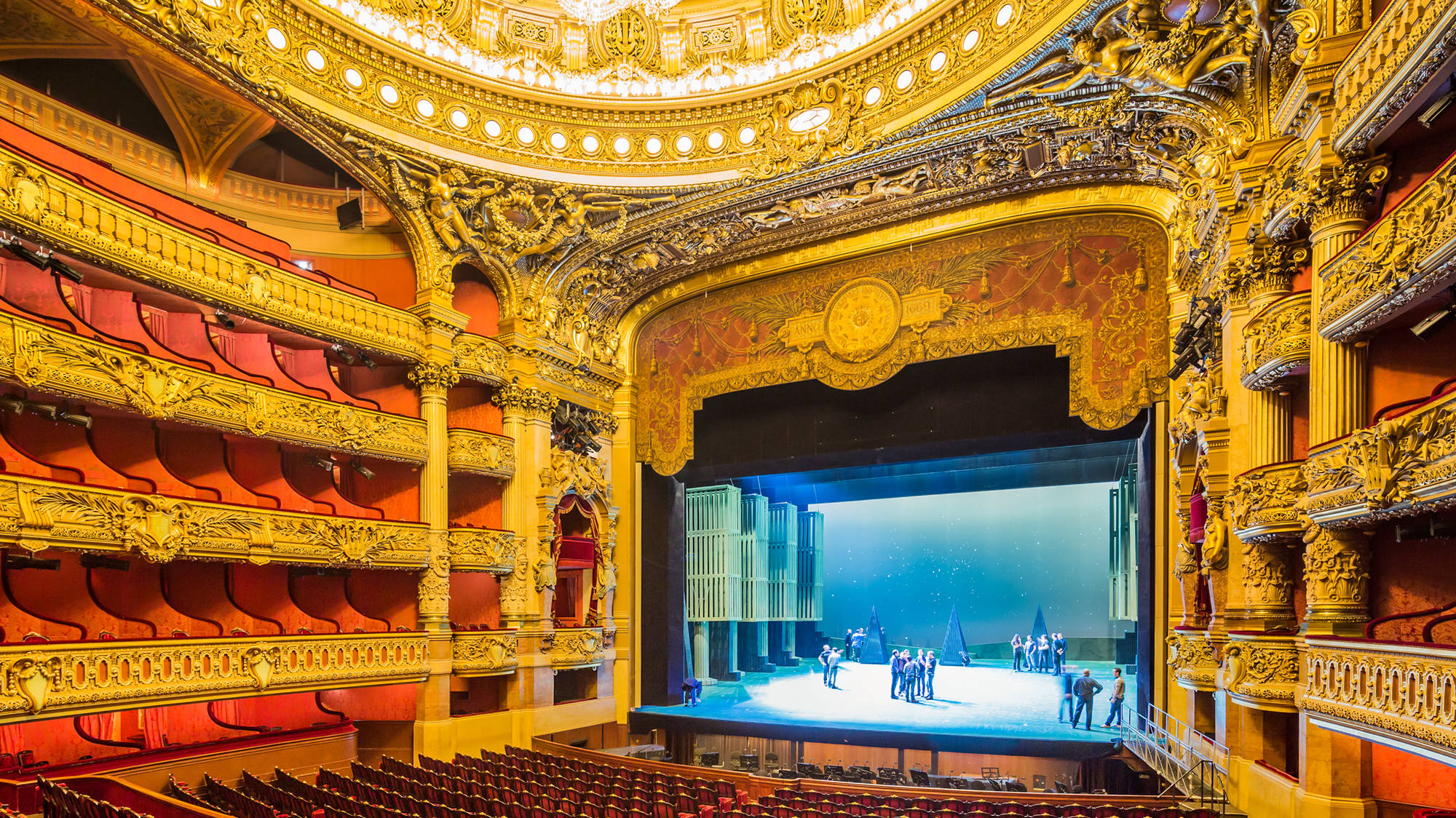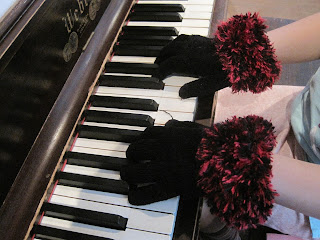Opera 101
I first realized there was a problem on a road trip with my friends. The conversation went something like this:
Friend: Do you like opera?
Me: No. The music's amazing, but the storylines are always morbid, weird, or suggestive -- or all three.
Friend: Oh. Well, everyone talks about what a great piece of music Handel's Messiah is, but we really don't like the singing. You can't understand what's being said.
Me: *blinks rapidly in confusion* Huh?!
Me: Handel's Messiah isn't an opera. It's an oratorio!
Friend: What's the difference?
I explained the difference to my friends, and we kept driving. But I soon discovered that theirs was an extremely common misconception. I was telling my mom about this while listening to a cantata, and with a puzzled glance, she asked, "So, if you don't like opera, why are you listening to one?"
The worst was the comment I found on YouTube. For my music history, I was listening to Jean Coulthard's "A Contented House," a lovely piece of instrumental music composed by a Canadian. Keep in mind: instrumental music. No vocals whatsoever. I wish I had a screenshot of the comments, because in the comments section, someone had written, "this is my favorite opera."
That settled it in my mind. Someday I was going to set the record straight once and for all. (Or at least, try.)
What is not opera?
Most people hear the classical, well-rounded, highly polished style of singing and instantly go, "That's opera." Wrong. Opera is not a style. There are a number of pieces written by classical composers that use the same style of singing that opera does. But oratorios, cantatas, art songs, and requiems are not opera. They are composed in the same style. There's a difference.
What is opera?
The most basic way I usually explain opera to non-musical friends and family is this: Opera is a play. But instead of the actors saying their lines, they sing all their lines. (This is different than a musical, like The Sound of Music, where there's a mix of dialogue and singing. In opera, they just sing instead of talk to each other.)
My friends likely got just as confused by my remark about opera's storylines as I did when they called an oratorio an opera. In Handel's Messiah, there is a story being told -- the most important and remarkable story humanity could ever hear. But there's no acting, no costumes, no scenery. In the words of the RCM textbooks, it's done in a concert setting.
Opera has a storyline. Opera uses acting, costumes, scenery. And plenty of music.
Hopefully that's given you a more clear idea of what opera is. But if you're still confused, don't worry. Chances are pretty good that by tomorrow, one of my family members or friends will be telling me all about the "opera" they heard that they didn't like.
I'll refer them back to this post. :)




Comments
Post a Comment